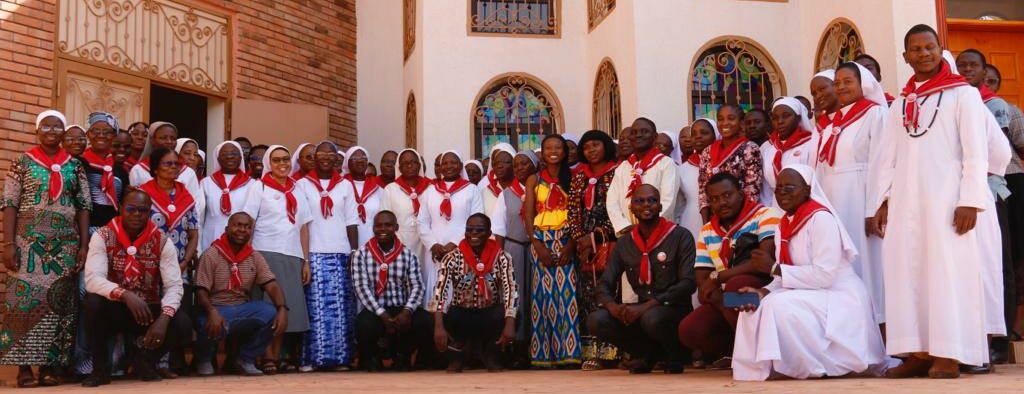
The Works of Mercy at the Birth of Human Civilization
Anthropologist Mead’s revolutionary hypothesis: human civilization began with caring for others
Science has often associated the birth of human civilization with the production of material objects: bifaces, carved stones, bows, hoes, knives, axes, spears…. But American anthropologist Mead had an original and revolutionary vision. According to her, human civilization began when man began to care for others. The following excerpt tells more about this.

“A student once asked anthropologist Margaret Mead what she considered the first sign of civilization in a culture. The student expected the anthropologist to talk about hooks, clay bowls or whetstones, but no. Mead said the first sign of civilization in an ancient culture is evidence of a person with a broken and healed femur. Mead explained that in the rest of the animal kingdom, if you break a leg, you die. One cannot run away from danger or go to the river to drink water or hunt for food. One becomes fresh meat for predators. No animal survives a broken leg long enough for the bone to heal. A broken femur that has healed is proof that someone took the time to be with the person who fell, treated the injury, carried her to safety and cared for her until she recovered. “Helping someone overcome difficulties is the starting point of civilization,” Mead explained. Civilization is the help of the community”.
Caring for the other person means activating the cord of Works of Mercy
When Mead spoke of caring for the person, he meant activating various works of mercy at the time when the other person was in a situation of immobility, as in the example of a broken femur.
Give food to the hungry: no longer able to walk to get food, others went in search of something to eat and brought him his share.
Give drink to the thirsty: no longer able to walk to the spring to drink, someone else brought him water while he was immobilized so that he would not die dehydrated. Do we know that thirst kills faster than hunger?
Helping the sick: once immobilized, he was in permanent mortal danger. Vicious animals could take advantage of his vulnerable state to attack him, kill him or perhaps eat him. In addition to providing him with food and water, he needed a permanent presence to ensure his safety.
Advising those in doubt: in order to heal, he also needed advice on how to deal with this serious and unusual situation. Otherwise, he would have rushed to his feet at a time when he had to stand still for a long time.
Consoling the afflicted: those who are accustomed to getting food and drink for themselves have difficulty accepting the fact that they are dependent on others. There was thus a need to be consoled to accept his present situation.
The Works of Mercy for a new beginning of humanity
Right now, humanity seems to be losing its civilization, to the point that some even predict the end of human civilization, given the wars here and there, violent conflicts, hunger, homelessness, and pronounced social inequalities.
These are all expressions of the culture of every man for himself, the culture of selfishness that seems to be taking over, undermining the culture of otherness. A new beginning is needed, and a return to works of mercy is essential to take a step forward toward a human civilization for the third millennium.
The spazio + spadoni Movement, through the reEvolution of Works of Mercy and forums organized here and there, is already on the right track. Bravo to all those who are working on it day and night, and courage to the organization.
God’s mercy is at work. Always!
